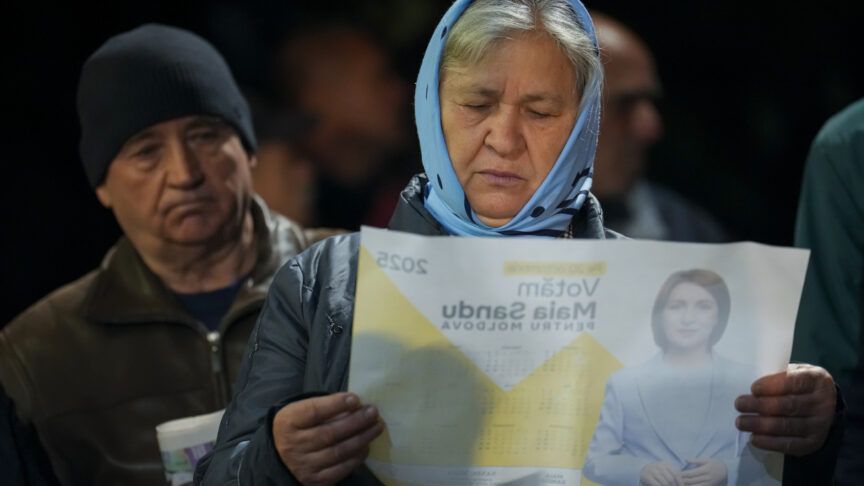A toxic friendship: The significance of Hungary’s energy cooperation with Serbia
Amid the fragile situation in the Western Balkans, the West is trying to coax Serbia away from Russia’s orbit and towards Euro-Atlantic integration. But in late June, Hungary and Serbia established a Strategic Cooperation Council and promptly signed 12 bilateral agreements, including one to establish a new joint gas company, SERBHUNGAS, and a memorandum of understanding to build a crude oil pipeline between the two countries.
A firm hand
The European Union has worked hard to wean itself off Russian energy. But Russia remains the main supplier of gas to both Hungary and Serbia. Their energy cooperation undermines the EU’s energy sovereignty, moves Serbia even further from Euro-Atlantic integration, and, if left unchecked, risks further destabilising the region.
- The EU and the United States need to make it clear that they will only continue their political and financial support to Serbia if it respects the rule of law and democratic norms. This will also send a clear message to other states in the region.
- As Hungarian prime minister Viktor Orban continues to jeopardise EU objectives, the bloc should withdraw additional funds for Hungary from the NextGenerationEU covid-19 recovery fund. The EU has already frozen some funding because of rule of law problems in Hungary.
- The EU parliament has expressed concern over Hungary taking over the rotating presidency of the European Council in 2024. The council could vote to suspend Hungary’s presidency.
- EU is supporting Serbia in its energy transition. Amongst other measures, it approved €31 million for the Trans-Balkan Electricity Corridor in Serbia and allowed the country to participate in its joint gas purchasing platform. The US could complement this effort by withdrawing its cooperation in the energy sector in Serbia.
More than energy
The Western Balkans is in a bad way: conflicts in the north of Kosovo, which resulted in NATO troops being attacked by armed Serbian protesters and Kosovo police officers being kidnapped by Serbian forces, have the potential to escalate further. Meanwhile, secessionist policy approaches by the president of the Republika Srpska entity, Milorad Dodik, pose a direct threat to Bosnia and Herzegovina’s sovereignty and territorial integrity, and internal political squabbling in North Macedonia could lead to further backsliding in the country’s EU accession process. President Joe Biden recently acknowledged this by signing a notice to continue the state of national emergency in the Western Balkans.
Orban has enabled this turmoil, nurturing close ties with Serbian president Aleksandar Vucic and openly supporting Dodik in his attempts to implode the state of Bosnia. Orban has voiced his disagreement with the EU institutions in sanctioning Dodik and has threatened to use his veto power to prevent it. The EU needs to send a clear sign that it will not tolerate this from one of its member states.
The European Council on Foreign Relations does not take collective positions. ECFR publications only represent the views of their individual authors.



